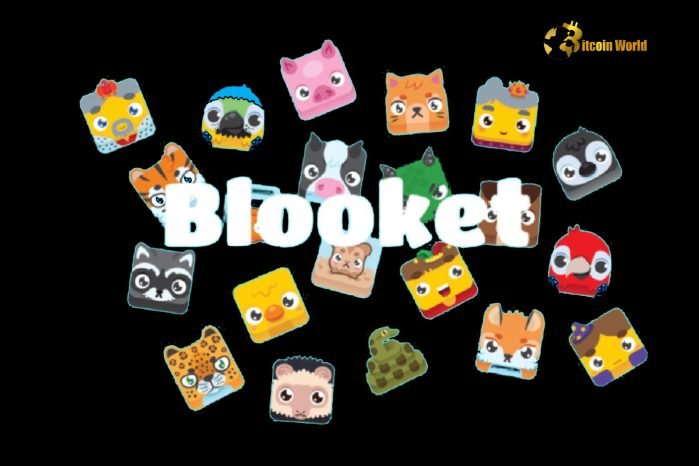Rachel Satralkar: A Visionary in Global Education
In a rapidly evolving educational landscape, few names stand out with both depth and relevance. Rachel Satralkar is one of them—a passionate curriculum leader, educator, and advocate for progressive learning frameworks. With over a decade of experience across prestigious international schools, she has contributed to shaping how future-ready education is delivered today.
Who Is Rachel Satralkar?
Rachel Satralkar is an Indian educator known for her extensive work with international curricula like the International Baccalaureate (IB), IGCSE, and other globally recognized educational systems. She has taught and led across some of the top schools in India and abroad, becoming a trusted name in 21st-century education leadership.
Career at a Glance
Below is a breakdown of Rachel’s major career milestones and contributions:
| Institution / Role | Location | Key Focus Areas |
|---|---|---|
| École Mondiale World School | Mumbai, India | Developed IB curriculum, led English & humanities programs |
| Indus International School | Pune, India | Focused on MYP integration, teacher development, and assessments |
| XCL World Academy | Singapore | MYP Coordinator, curriculum strategist, interdisciplinary learning |
| University of the People (in study) | USA (online) | M.Ed. in Advanced Teaching Practices |
Key Contributions
Rachel is not just an educator; she is an academic leader who drives change. Her efforts have left a lasting impact in the following areas:
- Curriculum Design
She has worked on vertical and horizontal curriculum alignment, ensuring seamless progression between grade levels. - Interdisciplinary Learning
Encouraging cross-subject collaboration, she helps students make deeper, real-world connections. - Inquiry-Based Instruction
Rachel’s classrooms promote critical thinking through student-driven inquiry and problem-solving. - Teacher Training
She mentors educators through workshops on concept-based learning, formative assessments, and inclusive pedagogy. - Student Empowerment
Rachel fosters student voice, self-assessment, and reflection through portfolios and project-based learning.
Teaching Philosophy
Rachel’s philosophy is centered around the learner. Here’s what she believes makes education meaningful:
- Learning must be contextual: It should relate to real-life challenges and ideas.
- Students should lead learning: By asking questions, solving problems, and reflecting.
- Assessments must guide growth: Rubrics, feedback, and reflection are more important than test scores.
- Diversity is a strength: Learning environments should adapt to all learners’ needs, styles, and backgrounds.
Specialization Areas
Rachel has developed strong expertise in:
- IB MYP Planning
She creates transdisciplinary units that integrate global contexts, key concepts, and real-world issues. - Cambridge & IGCSE Pedagogy
While grounded in IB, she also understands and navigates the rigor and assessment structure of Cambridge curricula. - Digital Integration
Promotes the use of digital tools for collaboration, blended learning, and flipped classrooms. - Literature & Language
With a background in English, she emphasizes the role of storytelling, argument, and cultural literacy in learning.
Notable Strengths
Here are some of the traits and abilities that differentiate Rachel from many other education professionals:
- Deep understanding of international curriculum frameworks
- Ability to lead teams and foster a collaborative school culture
- Skilled at curriculum audits, vertical alignment, and learner mapping
- Advocates for equity and inclusion in both policy and classroom design
- Passion for lifelong learning, as seen in her ongoing pursuit of a Master’s degree
Challenges She Has Tackled
Like any leader, Rachel has faced challenges. Some of them include:
- Resistance to Innovation
Many institutions are hesitant to change. Rachel uses data, dialogue, and pilot projects to introduce new practices. - Limited Resources in Some Schools
She adapts high-level pedagogy to low-resource settings using creativity and open-access tools. - Balancing Rigor with Student Well-being
She champions formative feedback and balance, ensuring students grow without pressure overload.
Why Rachel’s Work Matters Today
The world is changing fast. Education needs to follow. Rachel represents a new wave of educators who:
- Focus on real-life skills like collaboration, empathy, and adaptability
- Design curriculum that fosters curiosity and relevance
- Support teachers as facilitators, not just deliverers of content
- Believe education can be both inclusive and rigorous
Looking Forward
Rachel continues to grow professionally and plans to:
- Expand teacher training programs globally
- Contribute to education policy that supports inclusive learning
- Write research and publish on effective MYP and IB integration strategies
- Collaborate with schools in low-income regions to bring international education practices to more students
In Summary
Rachel Satralkar isn’t just teaching students—she’s building systems, inspiring educators, and shaping the future of learning.
Here’s what defines her approach:
- Learner-centered focus
- International mindedness
- Curriculum innovation
- Collaborative leadership
- Ongoing professional development
Her work is a blueprint for how thoughtful, equity-driven education can look on a global stage.
Recap Table: Rachel Satralkar’s Educational Profile
| Aspect | Details |
|---|---|
| Experience | 10+ years in IB, IGCSE, and international teaching |
| Subjects Specialized In | English, Humanities, Curriculum Planning |
| Current Role | MYP Coordinator at an International School in Singapore |
| Educational Philosophy | Inquiry-based, Student-Led, Inclusive |
| Training & Degrees | MA in English, PGDIE, M.Ed. (in progress) |
| Special Interests | Concept-Based Learning, PD Workshops, Inclusion |
Final Thoughts
Education needs leaders like Rachel Satralkar—those who understand that meaningful learning doesn’t come from textbooks alone. It comes from curiosity, relevance, relationships, and continuous reflection. Her work offers an inspiring model for teachers, leaders, and policymakers looking to reform education for good.
Disclaimer:
This article is independently written and intended for informational and educational purposes only. It is not affiliated with or endorsed by Rachel Satralkar or any institutions mentioned. The content is based on public domain knowledge and interpretive analysis.






